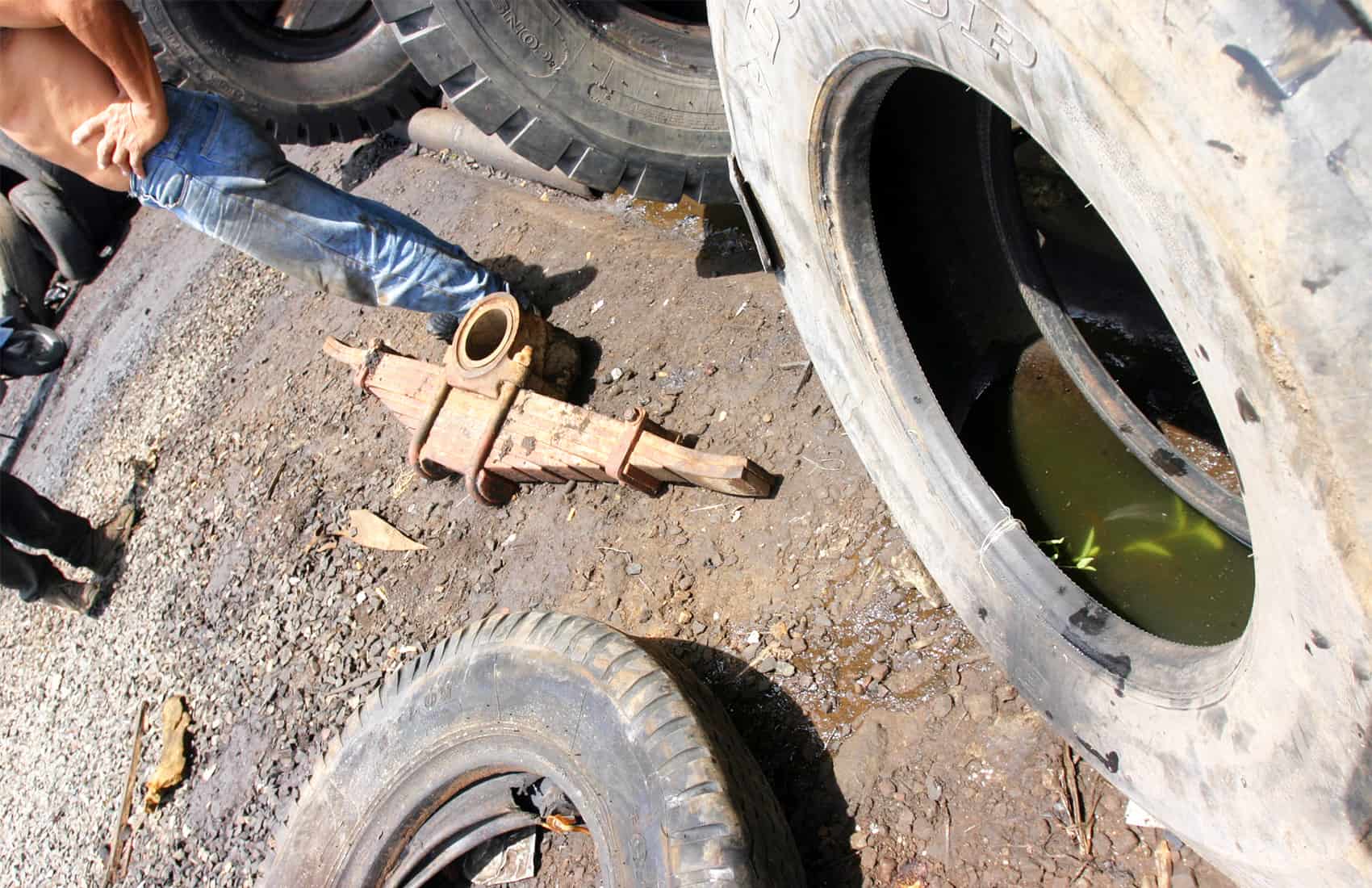Health Ministry officials will ask the National Emergency Commission (CNE) to issue a “green alert” to draw attention to the spread of chikungunya after 13 patients tested positive for the virus in the country.
The Health Ministry’s director of health surveillance, María Ethel Trejos, and its general director of health, Priscilla Herrera, on Monday evening said they would submit the preventive alert request to the CNE later this month. Included in that request will be a list of strategies to prevent the virus from spreading.
“We’ll approach the issue as we did during the influenza outbreak, with specific guidelines for schools, health care centers and work places,” Trejos said. The goal is to “help people understand that we all have a role [in preventive action], and no one should wait for ministry staff to eliminate mosquito breeding sites on their own.”
All 13 chikungunya cases here involve people who contracted the virus while traveling abroad. Two patients – one who contracted the virus in Haiti and another in the Dominican Republic – were referred to rheumatology specialists due to the severity of symptoms, Trejos said.
The youngest patient is 4, and all are from the provinces of Cartago, Alajuela and San José.
Herrera recommended that travelers avoid countries with a high number of chikungunya cases, such as the Dominican Republic.
“If the number of cases continues to increase [in Costa Rica], it will have a significant financial cost,” Herrera said, referring to a potential increase in lost days at work and school, and a possible drop in tourism, a current trend in the Dominican Republic.
The chikugunya fever is transmitted by the Aedes aegypti and Aedes albopictus mosquitoes. The disease – like dengue – causes fever, severe muscle and joint pain, headaches, nausea, fatigue and rashes. Chikugunya symptoms are more aggressive than dengue symptoms and can persist for up to 10 months.








